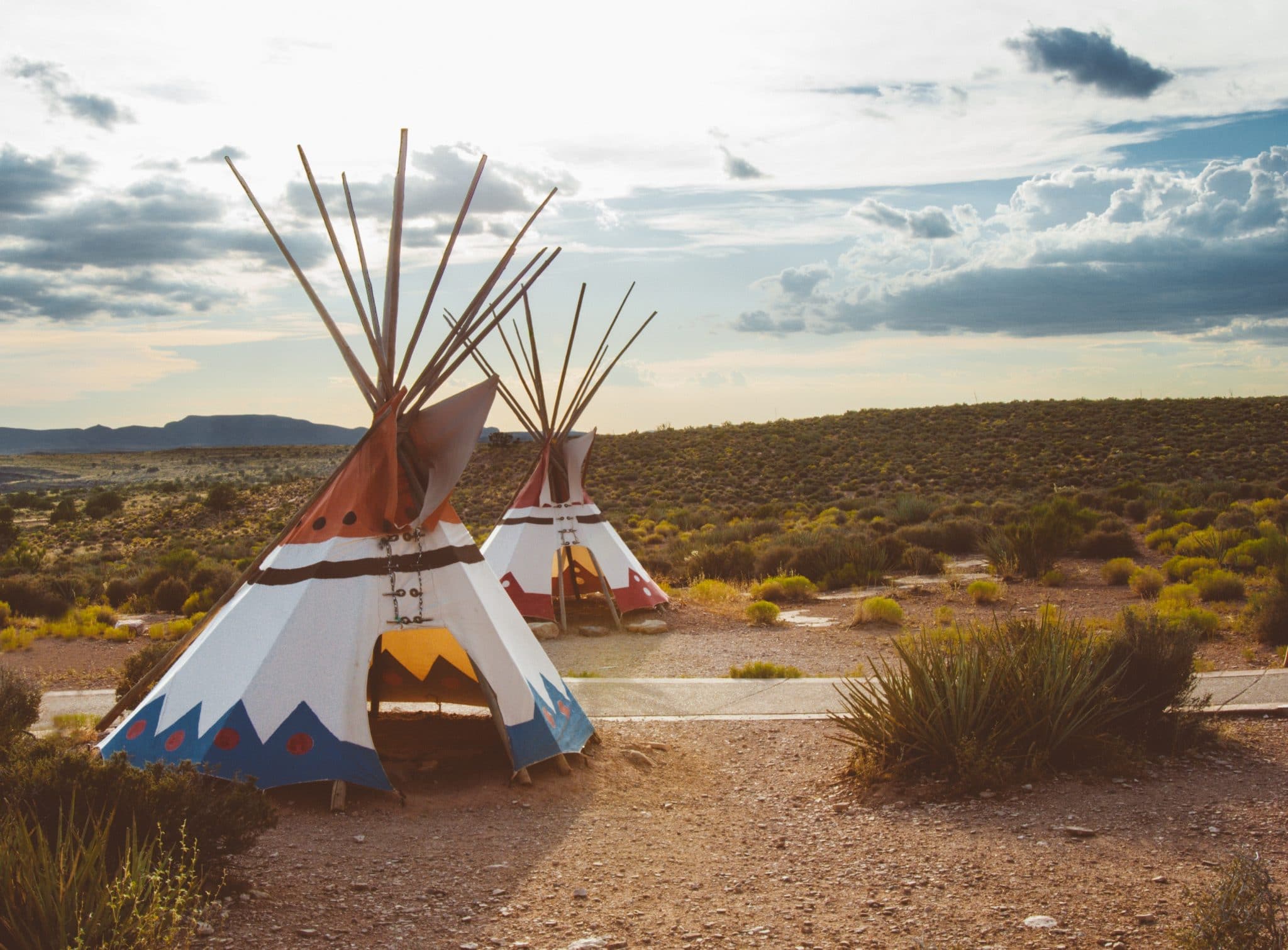Are you excited to learn about different cultures, languages, and religions, as well as in helping to solve the social, political, and legal issues that affect some of the Americas’ most vulnerable communities? By immersing yourself in Native American studies—sometimes called American Indian or indigenous peoples studies, or included as part of an ethnic studies major—you’ll receive an up-close look at the cultures, customs, history, and modern-day challenges of Native Americans.
What do Native American studies majors work on in school?
You’ll dive deep into Native American life, not only of tribes and communities in the lower 48, Alaska, and Hawaii, but also of South American Indians, Central American Indians, and the First Nations of Canada. Classes will likely include a heavy emphasis on American Indians of the United States, including their history up until the Civil War, as well as a more contemporary look at the 20th and 21st centuries. You’ll also concentrate on indigenous people in the rest of the Americas. Electives are likely to focus on everything from history, culture, and literature to art, music and dance, and religion. You’ll study the inner workings of tribal governments, examine how Native Americans have communicated over the years (using oral traditions, art, and writing), and take a closer look at their relationship to the environment and nature.
So where can you expect a Native American studies major to lead you?
This major is excellent preparation for a wide array of career paths.
Perhaps you’re already involved with or part of a Native American community and wish to apply the knowledge you gain with this degree to that community. With this major, you may choose to vie for a position in tribal government; serve as a mental health counselor, social worker, or attorney specializing in Native American issues; or work in a health care or educational setting within a Native American community. You could also head to work for nonprofits, cultural or historical organizations, museums, and natural resource organizations that touch on issues vital to Native American communities. If you’d like to be more vocal in bettering the lives of Native Americans on a larger scale, you could become a community organizer, lobbyist, public policy analyst, or legislative assistant for a political group or lawmaker devoted to Native American causes. Finally, you could choose to share the knowledge you gained as an undergrad by continuing the cycle and teaching about Native American studies at the postsecondary level or becoming a researcher.
The wage potential is there.
Many students who go into Native American studies aren’t seeking a huge paycheck—they’re typically interested in this major because they care about Native American people and communities and want to help better their lives. But just as your career choices vary, so can the pay. Obviously, typically high-paying jobs—such as attorney or physician—that happen to focus on Native American issues will likely still pay pretty well. But depending on the region you work in, other jobs related to Native American issues can also offer a potentially solid paycheck. Social and community service managers, for example, made a median annual salary in 2016 of almost $65,000. It’s reassuring to know you can make a true impact while still paying the bills.
You’ll be helping communities that have traditionally been disenfranchised, neglected, or forgotten.
Native American people have endured much pain and turmoil over the centuries, and many issues have lasted into current times. By completing a degree in Native American studies, you’ll position yourself to understand the unique challenges that face today’s tribes and individuals, including issues in health care, education, economics, land ownership, and self-government. You’ll also likely get the chance to assist in fighting back against the discrimination that many Native Americans continue to face and help communities retain their independence. In essence, you’ll be helping Native Americans stand up for their rights as a politically autonomous people.
You’ll broaden your own knowledge and become more open-minded.
Whether you’re from a Native American tribe yourself and wish to deepen your understanding of your own background and culture, or simply hope to learn more about cultures other than your own, majoring in Native American studies offers you the chance to do just that. Only by observing, listening, and really paying attention to a variety of individuals, communities, and cultures can we move beyond tolerance to fully embrace diversity, equity, and justice for all people.



